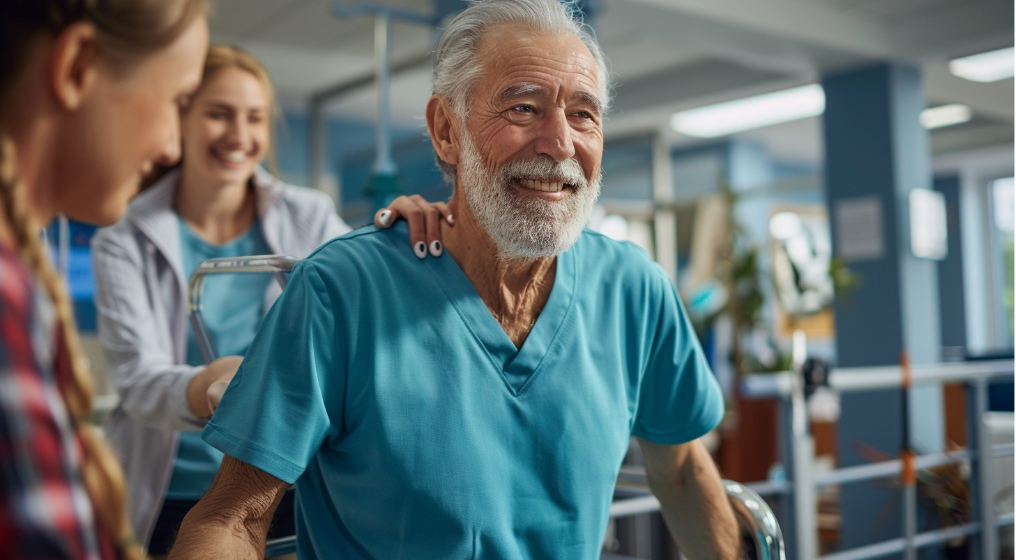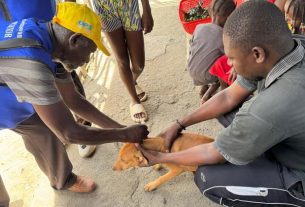Approximately one-third of the 110,000 annual stroke survivors in the UK experience persistent arm weakness, significantly impacting daily activities. Traditional rehabilitation therapies have shown limited effectiveness in addressing this issue.
The TRICEPS (TRanscutaneous lImb reCovEry Post-Stroke) trial, led by Sheffield Teaching Hospitals NHS Foundation Trust and the University of Sheffield, is investigating the efficacy of transcutaneous vagus nerve stimulation (TVNS) in enhancing arm recovery. Unlike previous methods that required surgical implants, the TRICEPS trial employs a non-invasive, wearable device that delivers electrical pulses to the brain via an earpiece, stimulating the vagus nerve during rehabilitation therapy.
Dr. Ali Ali, a consultant neurologist at Sheffield Teaching Hospitals NHS Foundation Trust, stated, “In a very small preliminary trial, we showed that gently ‘tickling’ a nerve at the ear using mild electrical pulses improved arm and hand weakness after stroke when used in conjunction with stroke rehabilitation therapy” .
The trial aims to determine whether combining TVNS with rehabilitation therapy leads to greater motor improvement compared to therapy alone. Participants will also be assessed for the sustainability of these benefits over six months.
This innovative approach could revolutionise stroke rehabilitation by providing a scalable, non-invasive treatment option, potentially improving the quality of life for many stroke survivors.
For more information on the TRICEPS trial, visit the University of Sheffield’s Clinical Trials Research Unit.
Source: nationalhealthexecutive.com


